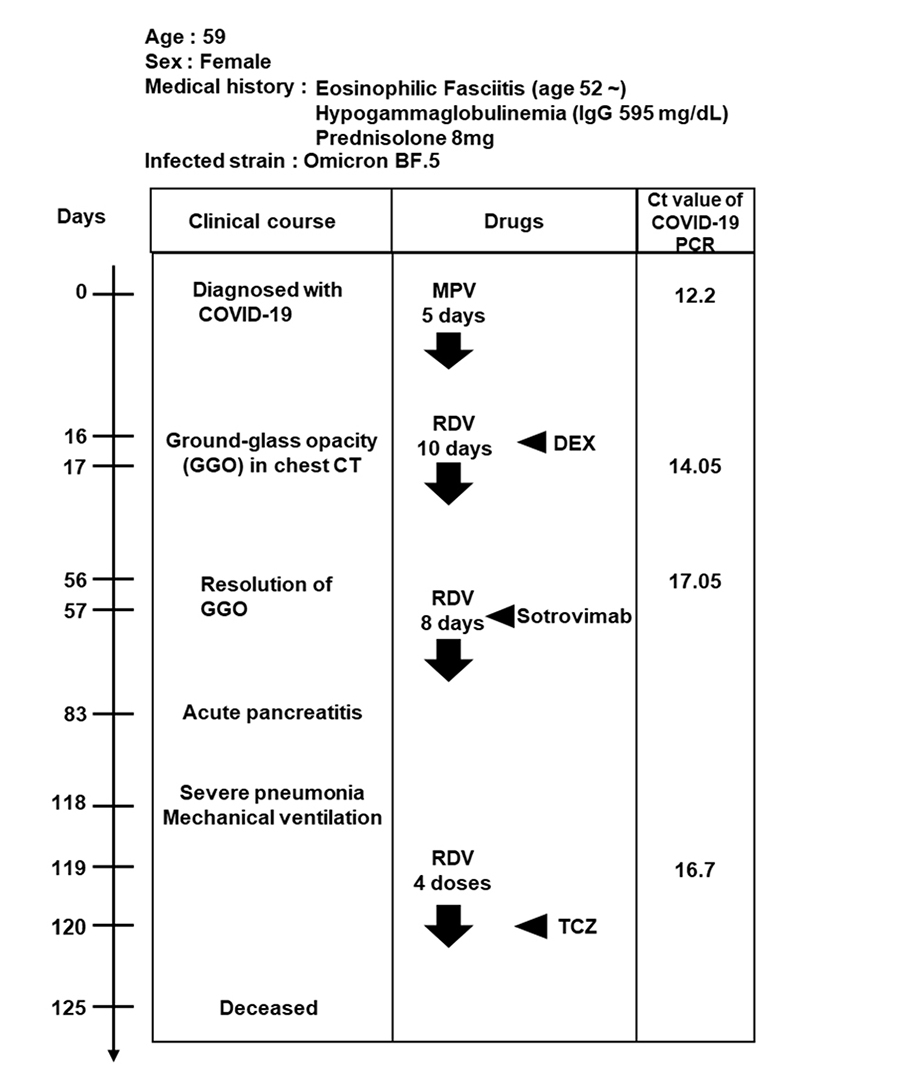2024-04-03 スウォンジー大学
<関連情報>
- https://www.swansea.ac.uk/press-office/news-events/news/2024/04/study-says-its-time-to-highlight-positive-skills-associated-with-neurodevelopmental-conditions.php
- https://www.sciencedirect.com/science/article/abs/pii/S0028393224000654
神経発達障害、状態、差異における認知的強み: 批判的レビュー Cognitive strengths in neurodevelopmental disorders, conditions and differences: A critical review
Katherine J. Maw, Geoff Beattie, Edwin J. Burns
Neuropsychologia Available online:10 March 2024
DOI:https://doi.org/10.1016/j.neuropsychologia.2024.108850
Highlights
- Neurodevelopmental disorders exhibit cognitive strengths and difficulties.
- ASD associated with enhanced local visual processing speed and hyperfocus.
- Dyslexia possibly linked to superior global visual search and problem solving.
- Advanced vocabulary use and facial emotion processing in William’s Syndrome.
- Multiple neurodiverse conditions can be linked to creativity and resilience.
Abstract
Neurodevelopmental disorders are traditionally characterised by a range of associated cognitive impairments in, for example, sensory processing, facial recognition, visual imagery, attention, and coordination. In this critical review, we propose a major reframing, highlighting the variety of unique cognitive strengths that people with neurodevelopmental differences can exhibit. These include enhanced visual perception, strong spatial, auditory, and semantic memory, superior empathy and theory of mind, along with higher levels of divergent thinking. Whilst we acknowledge the heterogeneity of cognitive profiles in neurodevelopmental conditions, we present a more encouraging and affirmative perspective of these groups, contrasting with the predominant, deficit-based position prevalent throughout both cognitive and neuropsychological research. In addition, we provide a theoretical basis and rationale for these cognitive strengths, arguing for the critical role of hereditability, behavioural adaptation, neuronal-recycling, and we draw on psychopharmacological and social explanations. We present a table of potential strengths across conditions and invite researchers to systematically investigate these in their future work. This should help reduce the stigma around neurodiversity, instead promoting greater social inclusion and significant societal benefits.



